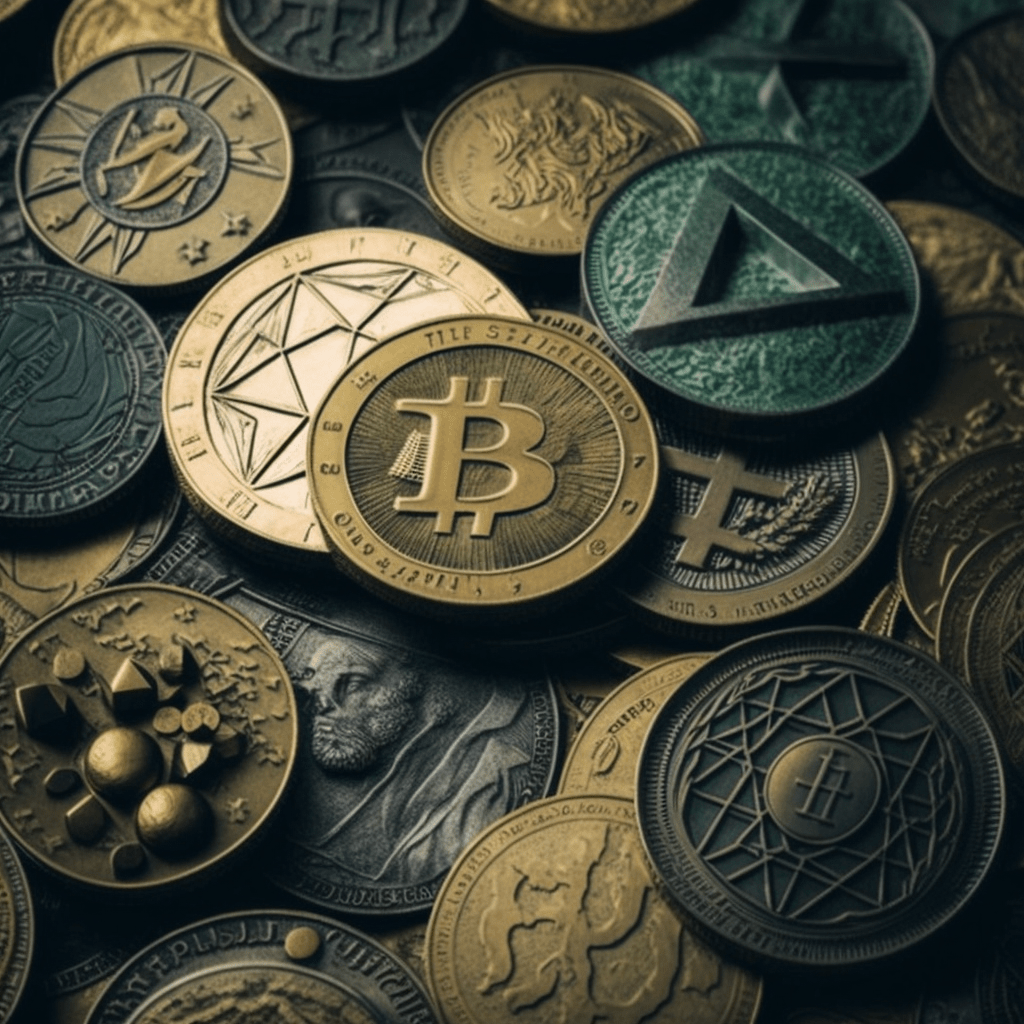Lessons
What is Cryptocurrency?
noun: A digital currency in which transactions are verified and records maintained by a decentralized system using cryptography, rather than by a centralized authority.
Read moreLearning Resources

What is Cryptocurrency?
Cryptocurrency is a digital or virtual currency that uses cryptography (the process of converting legible information into an uncrackable code) to securely and independently execute transactions. Cryptocurrencies use decentralized technology to allow users to make secure payments and store money without the need for traditional financial intermediaries such as banks.
Learn More
A Trustless Ecosystem
By design, blockchain technology is 'trustless', the integrity of the system is validated by each operator of the network.
Learn More
Blockchains
Blockchain technology was first introduced in 2008 with the creation of Bitcoin, but it has since been used for a wide range of applications beyond cryptocurrencies. For example, blockchain technology can be used to create decentralized applications (dApps), supply chain management systems, voting systems, and much more. The transparency and security provided by blockchain technology make it an attractive solution for many industries.
Learn More
Ecosystems, Networks and Layers
Layers refers to the underlying blockchain protocol which defines the basic rules and functionality of the network, such as how new blocks are added, how transactions are validated, and how consensus is reached.
Learn More
Get Started with DeFi
DeFi networks are built on top of blockchain technology and allow users to access financial services such as lending, borrowing, trading, and more in a decentralized and trustless manner.
Learn More
Crypto Trading
This lesson will explain some key concepts in crypto trade, including how trade in the crypto market works and how prices are determined.
Learn More
Trading Crypto on the Uniswap Exchange
This page will cover a quick walkthrough of trading cryptocurrency on the DeFi exchange Uniswap.
Learn More
